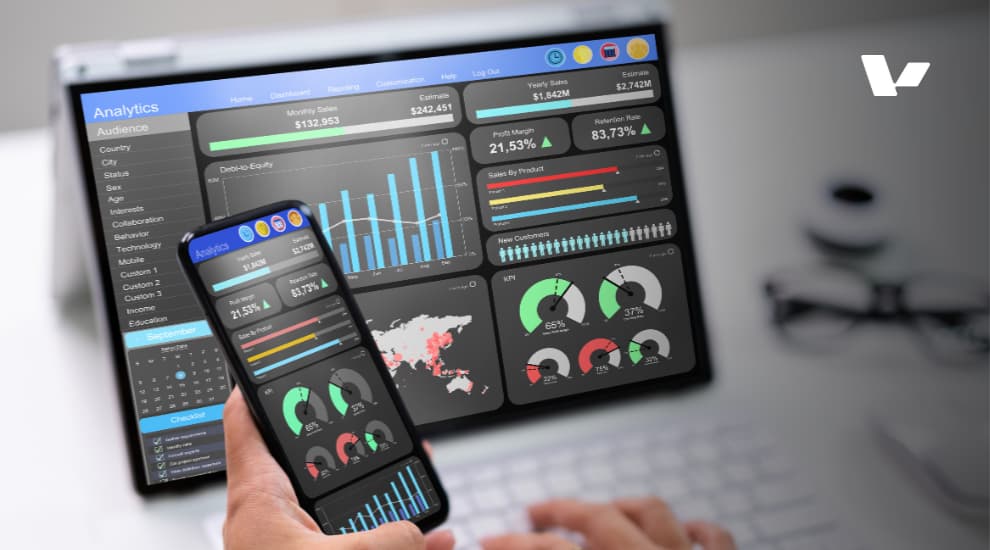In the world of business and performance management, Key Performance Indicators (KPIs) play a crucial role in tracking and driving growth. This infographic explains the concept of KPIs, their importance, and how to effectively use them to optimize various aspects of your business.

On this page
What are Key Performance Indicators (KPIs)?
Breaking Down KPIs: From Broad to Specific
Focusing on the Right KPIs
The importance of Specificity
Why Total Revenue Isn't Always the Best KPI to Focus On
Conclusion
KPIs are quantifiable measures used to evaluate the success of an organization, employee, or project in meeting objectives for performance. They are metrics that provide insights into how well a company or individual is performing in relation to their strategic goals.
While total revenue is often considered a primary KPI, it's important to understand that it's a broad metric influenced by numerous factors. Focusing solely on revenue doesn't provide actionable insights into what specific areas of the business need improvement.
To effectively drive growth, it's crucial to break down broad KPIs like revenue into more specific, actionable metrics. Here are some examples:
The key to effective use of KPIs is identifying which metrics are most relevant to your current business challenges. For example:
When communicating with investors or team members, it's crucial to provide specific, actionable KPIs rather than broad metrics like total revenue. This allows for:
While total revenue is undoubtedly important, it's the result of optimizing many different KPIs rather than a singular focus point. By breaking down revenue into its component KPIs, businesses can:
Understanding and effectively utilizing KPIs is crucial for driving business growth and optimizing performance. By moving beyond broad metrics like total revenue and focusing on specific, actionable KPIs, businesses can gain valuable insights, make data-driven decisions, and achieve their strategic objectives more efficiently.
Remember, the most effective KPIs are those that align closely with your current business challenges and objectives. Regularly review and adjust your KPIs to ensure they continue to provide valuable insights as your business evolves. By mastering the use of KPIs, you'll be better equipped to drive sustainable growth and success in your business.
Stay ahead with insights and tips by following Guy on LinkedIn. Connect with his content and elevate your entrepreneurial journey today!

Share